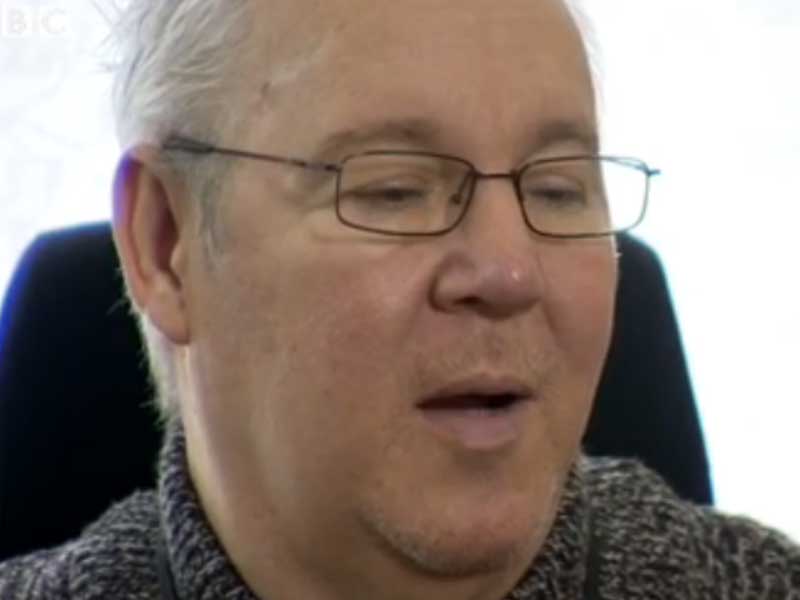Debate: As Paul Lamb takes up Tony Nicklinson's challenge, should our legal system grant the right to die?

What's going on?
A paralysed man is taking up a legal challenge for the right to die with the help of a doctor, saying he would like to be able to choose when to “call it a day”.
Paul Lamb has taken on the case originally begun by Tony Nicklinson, saying he "badly" wants to see the law changed.
Mr Nicklinson, 58, died last year shortly after he lost his legal bid to end his life with a doctor's help, but his family won permission to continue his campaign.
Mr Lamb, who was severely injured in a car accident in 1990 and has no function in any of his limbs apart from a little movement in his right hand, said: "I am in pain every single hour of every single day. I have lived with these conditions for a lot of years and have given it my best shot."
Case for: Prolong suffering
The primary purpose of a legal system is to redress wrongs. How can we honestly say that in the case of either Tony Nicklinson or Paul Lamb this purpose is being served? It seems quite the opposite. Here, because of quibbles surrounding the definition of murder, the legal system prolongs the suffering of innocent people. Worse, it actively oppresses them. Anybody with a functioning body can choose to die. Severe paralysis removes that choice while making it a last hope of solace. The law must change.
Case against: Moral malpractice
While the cases of Nicklinson and Lamb invite our deepest sympathy, the law preventing the right-to-die is not just a cruel archaism. It exists as a bulwark against moral malpractice. Once you give an individual the right to choose to be killed, and the state the right to carry out that wish, the potential for abuse is huge. Where, for example, do you draw the line between an unreasonable standard of life (as Nicklinson and Lamb have) and a reasonable one? How would doctors react if someone suffering from permanent clinical depression requested the right-to-die? What if that person had children? The law is imperfect in this case, but changing it would make it even more so.
Join our commenting forum
Join thought-provoking conversations, follow other Independent readers and see their replies
Comments
Bookmark popover
Removed from bookmarks